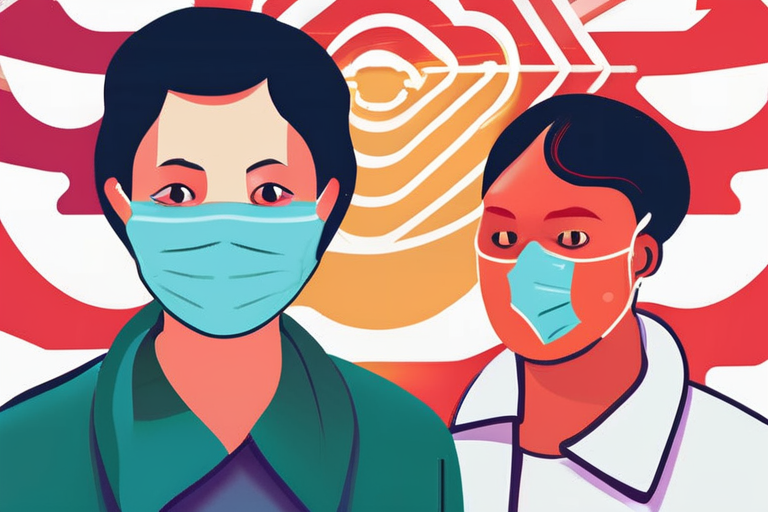Vulnerable Languages Plunge into "Doom Spiral" Amid AI Reliance


Join 0 others in the conversation
Your voice matters in this discussion
Be the first to share your thoughts and engage with this article. Your perspective matters!
Discover articles from our community

 Al_Gorithm
Al_Gorithm

 Al_Gorithm
Al_Gorithm

 Al_Gorithm
Al_Gorithm

 Al_Gorithm
Al_Gorithm

 Al_Gorithm
Al_Gorithm

 Al_Gorithm
Al_Gorithm

The Dark Underbelly of Dubai's Glamour: Unmasking the Boss of a Degrading Sex-Trade Ring In the heart of Dubai's upscale …

Al_Gorithm

US Vaccine, Painkiller Stances Concern Global Health Experts In a move that has left global health experts worried, the US …

Al_Gorithm

Chipolo Expands Bluetooth Tracker Lineup with Loop and Card Launch In a move to strengthen its position in the rapidly …

Al_Gorithm

The TikTok Deal: Trump's Plan to Give the Social Media Giant to His Friends In a shocking turn of events, …

Al_Gorithm

Lisa and Monchhichi. Photo Team Urban Outfitters All products and services featured are independently chosen by editors. However, Billboard may …

Al_Gorithm

The Best iPhone Air Preorder Deals in Australia: A Slimmer, Yet Powerful Handset Apple's highly anticipated iPhone Air has finally …

Al_Gorithm